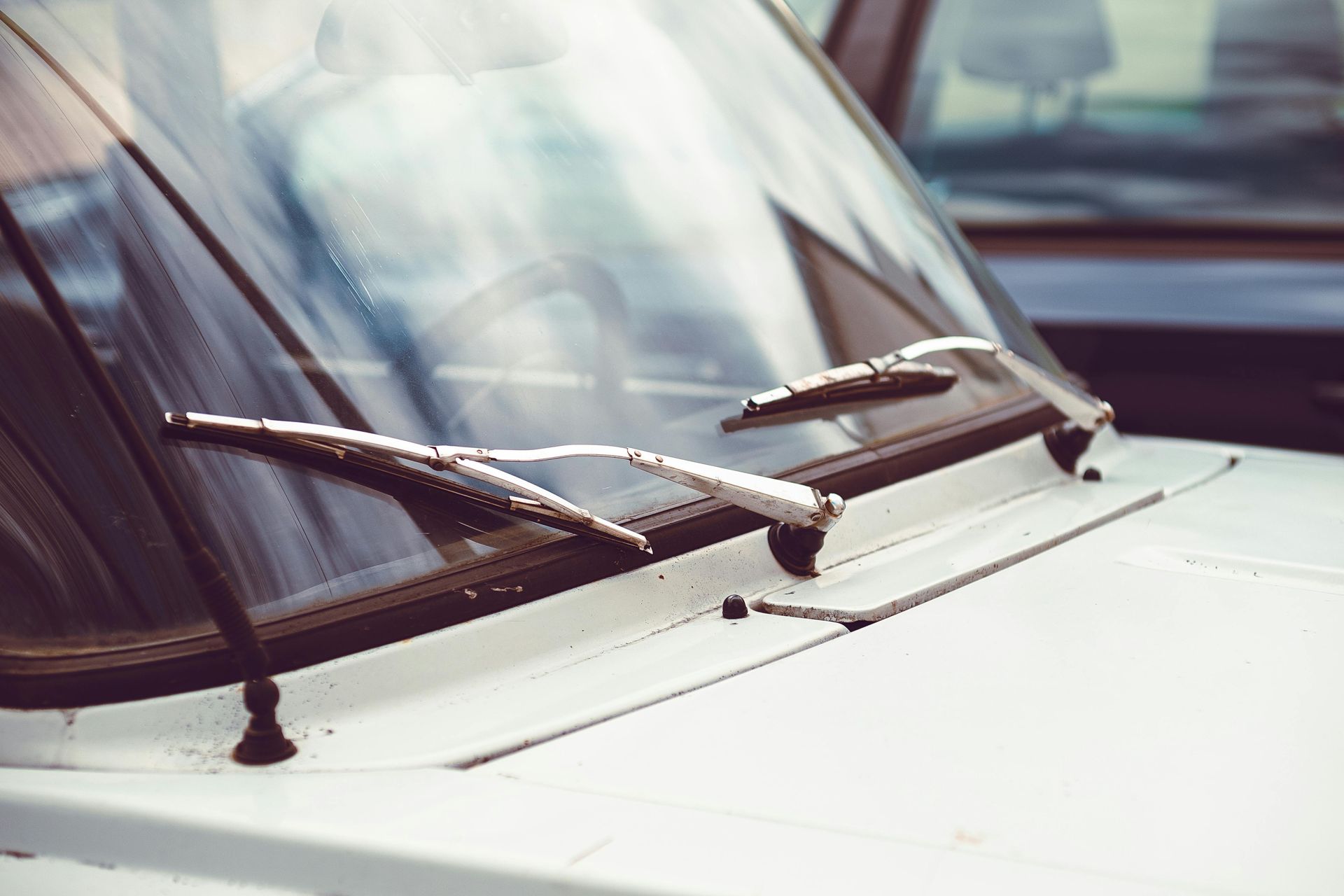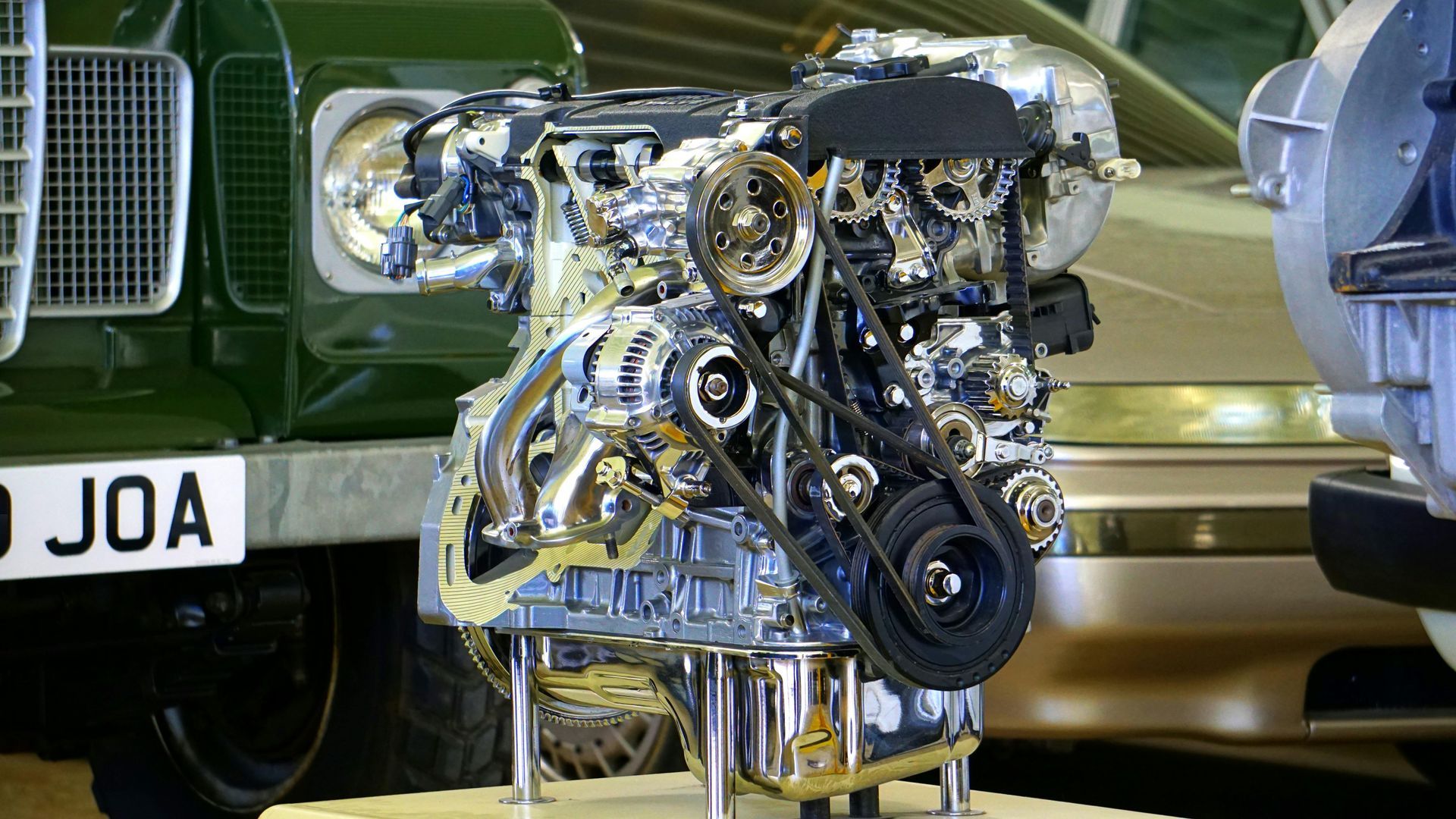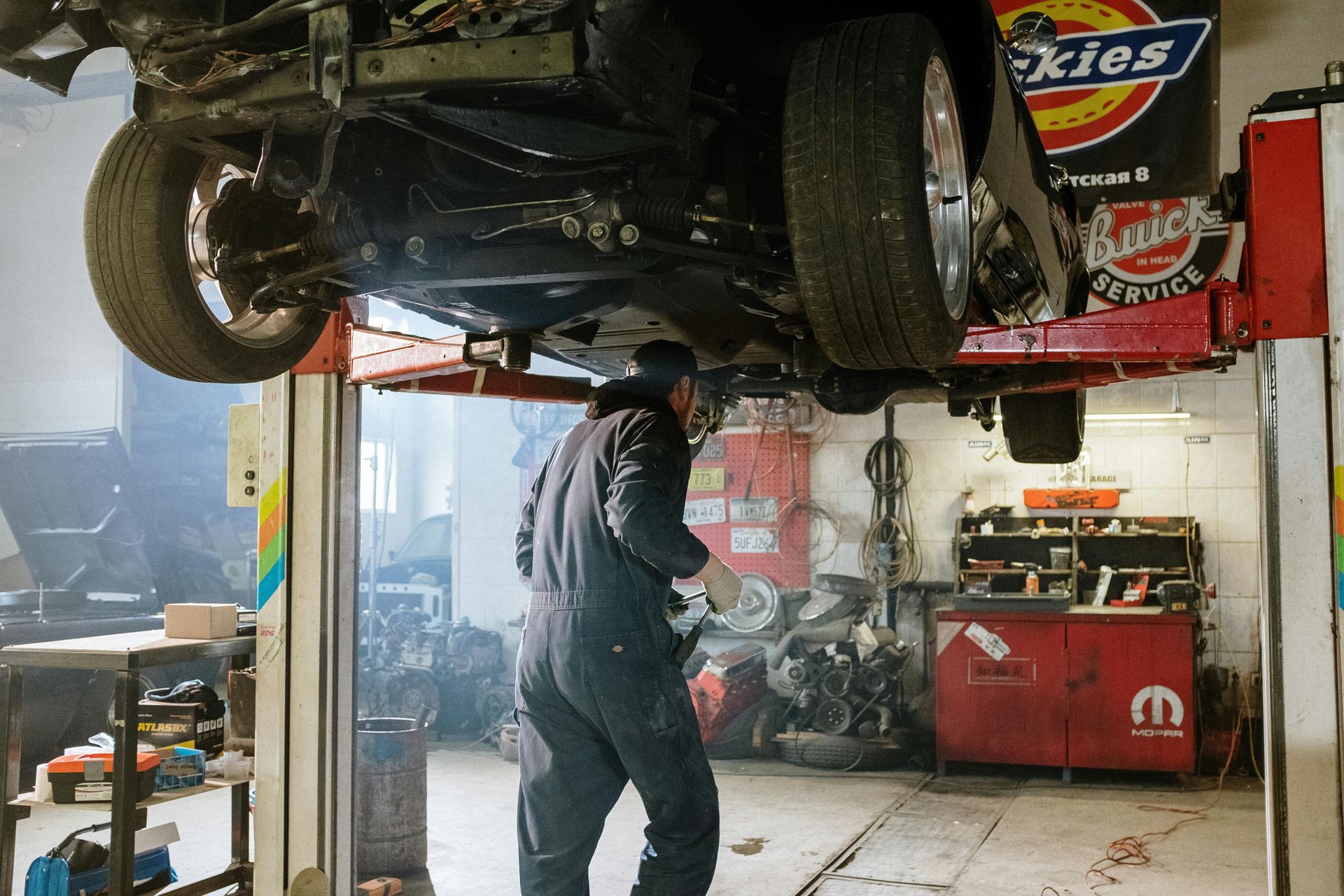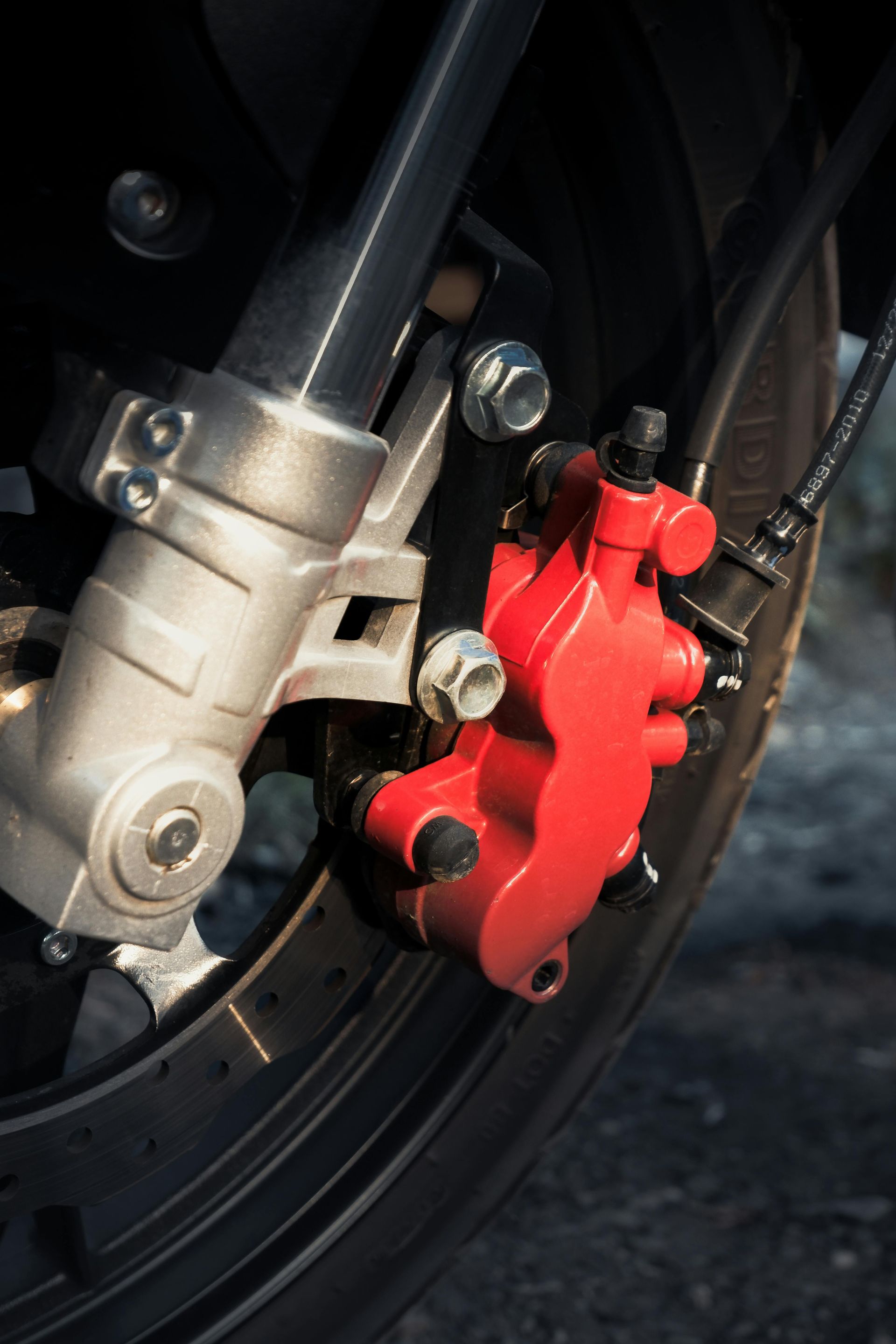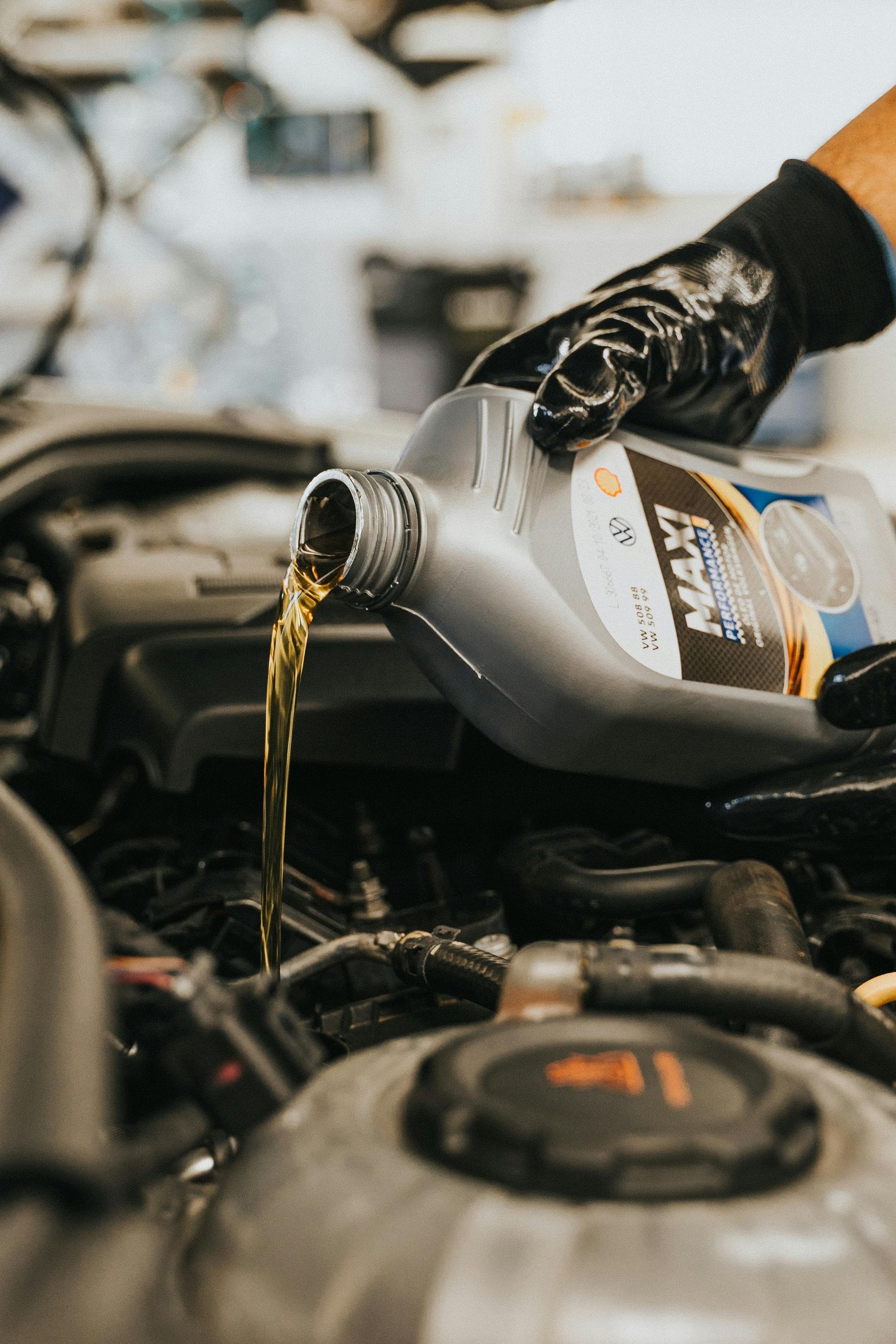Understanding the Importance of Regular Cooling System Services
Buckle up, fellow travelers of the asphalt! Today, we embark on a journey beneath the hood of your trusty steed, exploring the often-overlooked realm of cooling systems.
In this blog, we’ll dive into the fascinating universe of regular cooling system services . We’ll explore the rhythmic dance of coolant to the telltale signs of a struggling system. We’ll navigate the twists and turns of car care with simplicity. Join me as we unravel the myths and embrace the wisdom of timely check-ups.
So, rev that curiosity, grip the wheel of knowledge, and let’s cruise through the essentials of keeping your ride not just road-ready but cool in every sense of the word. Welcome aboard, fellow explorers!
The Basics of Cooling Systems
Unveiling the Mechanics
Your car’s beating heart, the engine, generates a considerable amount of heat during its performance. Enter the cooling system—an essential guardian.
This system relies on a fluid called coolant circulating through the engine and a radiator. As the machine works, the radiator steps in, absorbing excess heat and ensuring your vehicle is in good condition.
Importance of Temperature Regulation
Temperature isn’t a number; it’s the conductor of your engine’s symphony. Too high, and your vehicle protests with overheating blowups. Too low, and it strays along.
Precise temperature control is vital to optimal engine function, enhancing fuel efficiency, preserving crucial components, and ensuring a smooth ride.
Your cooling system is the hidden gem. It maintains a delicate balance, making every journey a well-tempered experience.
Signs of a Struggling Cooling System
Spotting the Warning Signs
Think of your car as a buddy trying to tell you something. When the engine gets too hot, it’s like your vehicle waving red flags. Watch out for the temperature meter going too high or steam coming from under the hood.
If you hear strange noises or catch a sweet smell, that’s your car whispering, “Buddy, we’ve got a problem.”
Why Check-ups Matter
It’s like going to the doctor for a regular check-up. Getting your car checked regularly is like giving it a health check.
It helps catch issues early on before they become big, expensive problems. It’s all about keeping things smooth and avoiding breakdown dramas on the road.
Benefits of Regular Cooling System Services
Unleashing Peak Performance
Give your vehicle the VIP treatment with regular cooling system services , and watch it transform into a lean, mean road-hugging machine.
Well-maintained systems work harmoniously, ensuring a smoother ride and sipping fuel more efficiently.
Extended Lifespan
Think of regular cooling system services as the potion of life for your engine. By keeping things cool and composed, you’re not just preventing breakdowns; you’re practically slowing down the aging process.
Your car can enjoy more miles on the road, becoming the trusty companion that refuses to show age.
Cost Savings
Regular cooling system services are your vehicle’s financial guardian. Instead of dreading big repair bills down the road, think of these services as a wallet-friendly insurance policy.
By addressing potential issues early on, you’re saving yourself from major financial headaches and keeping your hard-earned cash right where it belongs – in your pocket.
Cooling System Services vs. Repairs
Differentiating Services and Repairs
Cooling system services involve routine check-ups, changing fluids, and ensuring everything runs smoothly.
Cooling system repairs come into play when something’s not quite right, like fixing a leak or replacing a worn-out part. It’s all about keeping your car happy and healthy.
Services are like a spa day for your car, while repairs are more like a visit to the doctor.
The Role of Timely Services in Preventing Significant Repairs
Routine check-ups are like a health check for your four-wheeled companion. By catching minor issues early on, you’re stopping potential vehicle disasters.
Timely services are the caped devotees that dive in to fix a tiny glitch before it transforms into a gigantic, city-destroying problem.
By embracing these regular check-ups, you’re not just maintaining your car; you’re preventing vehicular blowups down the road. It’s a small investment that pays off big.
It reduces the stress of unexpected breakdowns and the financial headache of major repairs.
Professional Cooling System Services
Importance of Professional Services
Consider professional cooling system services as bringing in the experts for a well-done job. Cars are complex machines, and keeping them in top-notch shape requires a unique set of skills and tools.
Regarding your car’s cooling system, professionals have the know-how to identify issues that might slip past the untrained eye. They’re equipped with diagnostic tools, ensuring they catch potential problems before they become automotive headaches.
So, it’s not just a service; it’s a mastery of the craft to keep your engine humming happily.
Frequency of Services
How often should you give your car the VIP treatment? Experts recommend a routine check-up every 12,000 to 15,000 miles or once a year, whichever comes first.
This regularity ensures that your cooling system stays tip-top, ready to tackle the miles ahead without sweat. It’s the proactive approach to car care, keeping your engine cool and your journey smoother than ever.
Common Misconceptions
Let’s Clear the Air
It’s time to debunk some myths floating around the world of cooling system maintenance.
Myth : “Coolant lasts forever.” Reality check : Like your morning coffee, coolant has a lifespan.
Another one: “I only need to check my coolant when my car overheats.” Nope, prevention beats reaction here.
Understanding these myths is like separating fact from fiction in the car world. Your coolant needs attention, and timely checks are your vehicle’s best friend.
So, bid farewell to the misconceptions and embrace the truth for a healthier, happier engine.
Trust the Experts
In a world of DIY fixes and online tutorials, your car’s well-being deserves a touch of professionalism. They’re not just wrench-wielders; they’re diagnosticians with the knowledge to decode your car’s unique language. So, when in doubt, trust the pros.
Seeking professional advice ensures you’re not driving your vehicle into a maze of misinformation. Professional advice isn’t just a suggestion; it’s the GPS to a smoother, trouble-free ride.
Conclusion
As we roll to the end of our journey through the complexities of cooling systems, it’s time to pull over and take in the scenic view. We’ve navigated the twists and turns, from understanding the ballet of coolant to debunking myths that lurk under the hood.
Remember, your car is a companion on life’s highways. By grasping the importance of regular cooling system services , you’re not just maintaining a machine; you’re ensuring a more reliable road ahead.
So, let’s raise a symbolic toast to the unsung heroes—the cooling systems that keep our engines running cool and our adventures hot. Here’s to timely check-ups, professional expertise, and the wisdom to debunk misconceptions.
Until our next exploration under the hood, stay cool on the road, fellow adventurers!
FAQ’s
What is the Major Maintenance for the Cooling System?
Regular coolant flushes
It involves draining and replacing the coolant to ensure it effectively regulates engine temperature. It’s a crucial step in preventing overheating and maintaining the overall health of your vehicle’s cooling system. Experts recommend performing a coolant flush every 30,000 to 50,000 miles or as specified in your vehicle’s manual.
What are the 2 types of cooling system?
Liquid Cooling System: Uses a liquid coolant (usually a mixture of water and antifreeze) to absorb and dissipate heat from the engine.
Air Cooling System: Relies on air circulation to dissipate heat, typically found in smaller engines where a liquid cooling system might be impractical.
Each system has its advantages, and the choice often depends on the engine type and its specific requirements.
What are the 3 main functions of the cooling system?
The cooling system in a vehicle primarily serves three key functions:
- Heat Dissipation: It removes excess heat generated by the engine during combustion to prevent overheating.
- Temperature Regulation: It helps maintain the engine at an optimal operating temperature, ensuring efficient performance.
- Preservation of Engine Components: By controlling temperature, the cooling system plays a crucial role in preventing premature wear and prolonging the lifespan of engine components.
